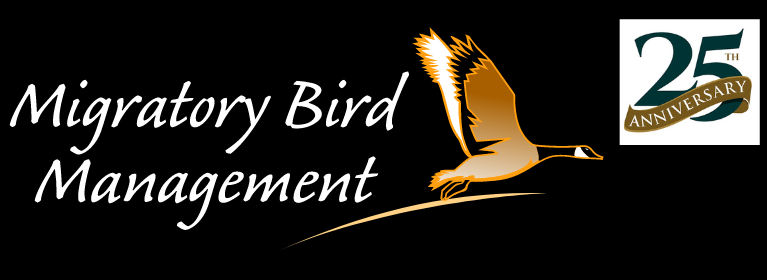Don’t Let Birds Damage Your Fruit Crop This Summer
May 16, 2023
Nothing beats the taste of fresh, perfectly ripe fruit in the summer – and many birds agree.
As fruit ripens, it becomes more vulnerable to bird damage. That damage comes in a variety of forms: birds peck at and eat fruit whole and knock unripe fruit off bushes and trees.
Once birds discover a fruit source, it is difficult to prevent further crop damage. The best practice is to implement deterrent strategies that keep birds away from crops before fruit grows and ripens.
The Cost of Bird Damage to Fruit

Each year, birds cause millions of dollars of damage to U.S. fruit crops.
A Cornell University study surveyed the impact of bird damage to five fruit crops (Honeycrisp apples, wine grapes, blueberries, and tart and sweet cherries) across five states (California, Michigan, New York, Oregon and Washington).
The study revealed that farmers in the five states suffered significant losses to their fruit crops from birds. Bird damage to sweet cherry crops, for example, caused an average annual loss of $85 million, 1,300 jobs and approximately 13% of the crop in the states studied.
The farmers surveyed expected that losses would be worse without mitigation efforts. Of the farmers surveyed in Michigan, respondents estimated that birds would damage up to 43% of all crops studied if no deterrent strategies were employed.
The Midwest’s Worst Offenders
Many birds damage crops, but a few cause a disproportionate amount of harm to fruit grown here in the Midwest. Below are some of the worst offenders.
*The birds marked with an asterisk are protected by the Migratory Bird Treaty Act (MBTA), which prohibits individuals from harming birds or tampering with their nests.
American Robin*

American robins are migratory birds that are typically only present in the Midwest in the spring and summer.Robins eat a variety of small fruits including blueberries, grapes and cherries.
They damage crops individually and in flocks by eating whole fruits and also knocking fruit from bushes, trees and vines.
Cedar Waxwing*

Cedar waxwings are also migratory birds who damage fruit crops both individually and in flocks.
They are frugivores who favor soft fruits like cherries and berries. Cedar waxwings eat fruit whole, knock it to the ground and peck at it, leaving diamond shaped chunks behind.
Common Grackle*

Common grackles are another migratory bird. While they are protected by the MBTA, individuals may obtain permits under certain circumstances to remove birds if they cause significant crop damage.
Common grackles eat small fruits, like blueberries, whole and knock others off the bush while they feast. They nibble on larger fruits and leave slashes behind, making them susceptible to disease and insect damage.
European Starling

European starlings are an exotic, non-native species that do not migrate in the winter. They are not protected under the MBTA but are protected under some local ordinances.
European starlings eat both small and large fruits. They eat smaller fruit, like berries and grapes, whole and hollow out larger fruits like apples, making them vulnerable to diseases and insect damage.
Deter Birds from Your Fruit Farm with Lasers

A variety of deterrents can be used to protect fruit crops from bird damage.
Automated lasers are one effective, noise free, and humane solution. Lasers like the AVIX Mark II work around the clock and use randomized patterns to prevent birds from learning to recognize and circumvent the sweep of laser beams.
Unlike netting, which is cumbersome and must be installed and removed each season, lasers are unobtrusive and remain in place once installed.
The Migratory Bird Management (MBM) team has used handheld lasers to control birds for two decades and has installed highly successful automatic lasers on farms since 2015. Like all other biology- and science- backed solutions MBM uses to minimize the damage birds cause to farms, lasers are a long-term, tried-and tested solution.
For more information about how to keep your fruit farm bird-free this season, contact us for a site evaluation.
Contact us today to learn how to protect fruit crops with automated lasers




 0
0
